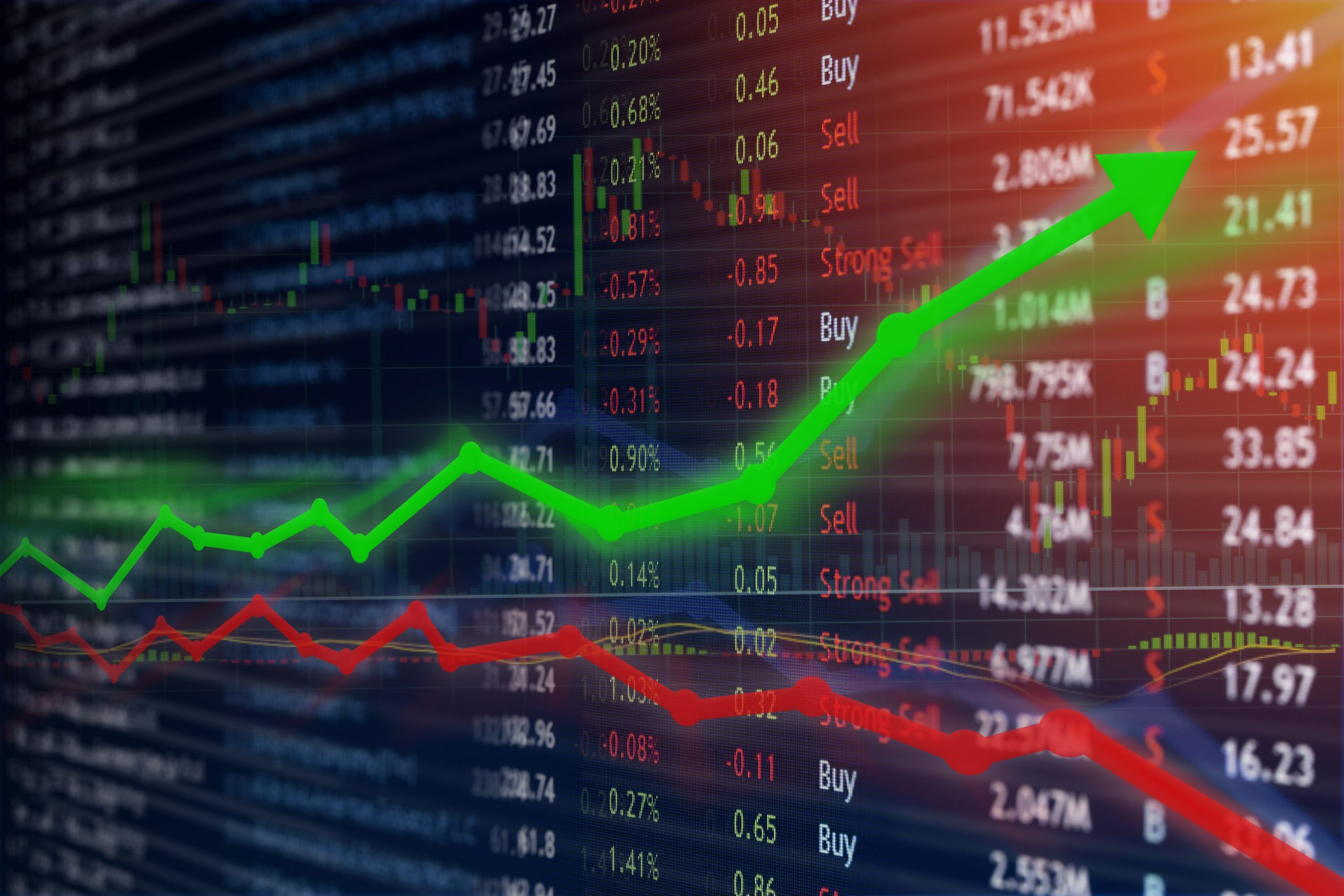
Economic ministers and business leaders are looking at an uncertain year in China, Japan, the US, and elsewhere. However, there are some pieces of the puzzle that are not so unclear, and that’s why investors could find excellent opportunities in commodities, equities, and other asset classes. With three of the world’s major financial and monetary engines amid a so-so comeback from the recent pandemic, it’s looking more and more as if the nations that typically set the tone for the international marketplace need several more years to recover from the COVID shutdown.
What is behind the change, and how can individuals profit in times of uncertainty and low growth? To understand the big picture, it’s essential to review what’s happening in China, Japan, the US, and Europe. Plus, for those who want to make the most of several potential investment opportunities, speculative trading could provide solid results.
China’s Continuing Decline
Recent news out of China and the ongoing Russia-Ukraine war are just two of the developments shaping the global marketplace for 2023. What does that mean for investors and retail traders who attempt to leverage accurate predictions to profit from strong and weak economies? In a post-COVID world, most industrial nations are looking at several years of continued slow growth to recoup losses that took place between 2020 and 2022.
China’s government recently announced that the country’s once massive economic engine only grew by a paltry 3% throughout last year, a number that was surprisingly below the hoped for rate of 5.5%. On the other side of the globe, stalled peace talks between Russia and Ukraine are fueling weak confidence in Europe’s own return from the depths of the pandemic slowdown.
Japan Still Reeling From Low Wages and Inflation
Another Asian financial giant, Japan, has been facing its own round of bad news in the form of persistent inflation, low wage growth, and sluggish retail sales. Government agencies that oversee the situation are promising to retain the recent easy money policies for the time being. The goal is to push both prices and worker wages upward, even if that means putting up with a modest amount of inflation.
Investor Opportunities in Speculative Trading
For millions of retail investors around the world, the secret behind turning a profit in their accounts is to make accurate predictions. It doesn’t matter so much whether a given asset performs well or poorly. If someone can correctly guess which way prices will move, then there’s a huge potential for profit.
Account holders who use autotrading software can follow price action in various currencies, commodities, and stocks. Automation makes it possible for those individuals to incorporate their rules-based buying systems into a bot that executes trades in real-time without manual oversight. Not only are auto-trade software products highly useful, but they also allow new and experienced investors to make the most of changing market conditions and place orders at precise price levels and only when certain conditions are met.
US Inflation and Stagnant Job Growth
After a general decline in equity markets throughout 2022, no growth in wages, ongoing inflation, and other woes, the US posted a 2022 report that showed almost no solid signs of recovery. The benchmark S&P Index told the story in overview form by sliding downward from January through December, with only a few blips of recovery in the mix. Now, as 2023 is about to enter the second quarter, a tiny upswing in the early part of the year has begun to turn negative.
That new weakness portends a year in which the S&P 500 could fall even more. If there’s one thing US political and bureaucratic leaders have proven in the past two years, it is that they are not ready to deal with the results of the pandemic, the European war, or Asia’s mess.
Europe’s War Dominates the Scene
What was expected to be a time of long, slow recovery from pandemic-related shutdowns and industrial bad news has turned into something even worse. When peace talks looked like a possibility in mid-2022, citizens in Europe and elsewhere had high hopes that the detrimental effects of war might soon abate. However, those plans fell apart within months and spurred another round of inflation, rising commodity prices, and long-term political uncertainty.
While inflation rates in the European Union hover around the 8%-mark, individual nations are unable to break out of the cycle if the war rages on. Energy and food supplies have been hardest hit, even while investors have the chance to profit by making commonsense predictions about the direction of prices.
You may be interested in: What is a speculative investment? Definition and meaning

